In your own network information system or with the Sewerin solution
Stationary monitoring of drinking water networks with noise loggers is a proven technology. The noise loggers are placed on the water pipes and listen to the water networks, so to speak. What is new is that the loggers then transmit the measurement data via LoRaWAN. This allows Laurent and Amelie to quickly detect, for example, if a noise suddenly becomes louder, whether water losses are occurring in their network. The SePem® 351 noise logger is currently the only logger that transmits data via LoRaWAN. LoRaWAN is a network that many utilities successfully use to monitor various municipal services. Customers can decide whether to transfer the logger data to their own network information system or use Sewerin's solution for data analysis and visualization.
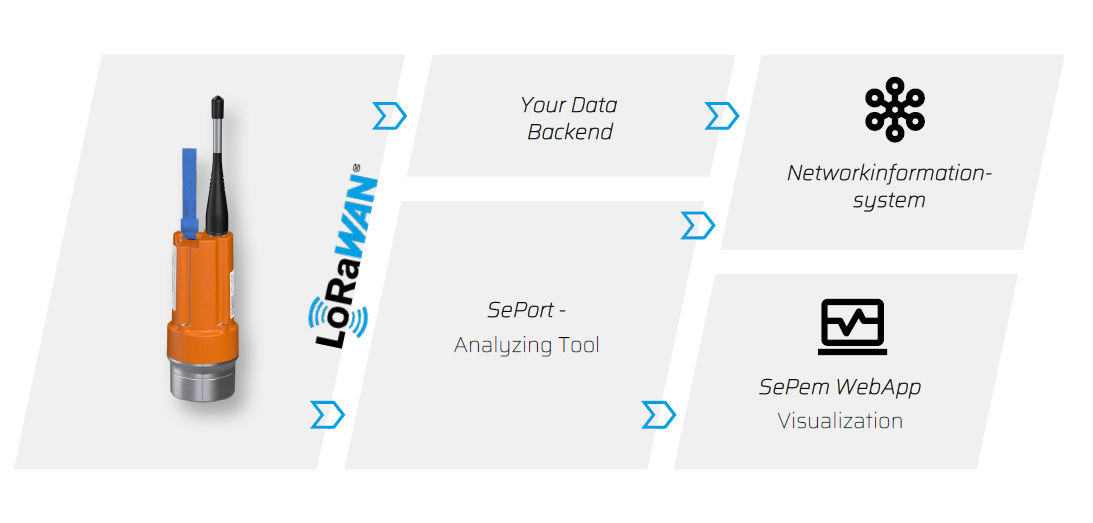

Daily data transfer. In addition, we can analyze more data faster. This allows us to locate water leaks more quickly and realize the effects of repairs faster.
Ameli Collignon, Expertin für die Lecksuche
“ Daily data transfer. In addition, we can analyze more data faster. This allows us to locate water leaks more quickly and realize the effects of repairs faster.
Ameli Collignon, Expertin für die Lecksuche
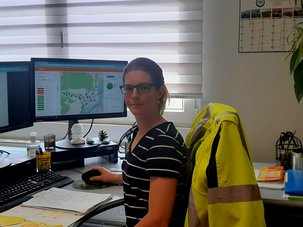
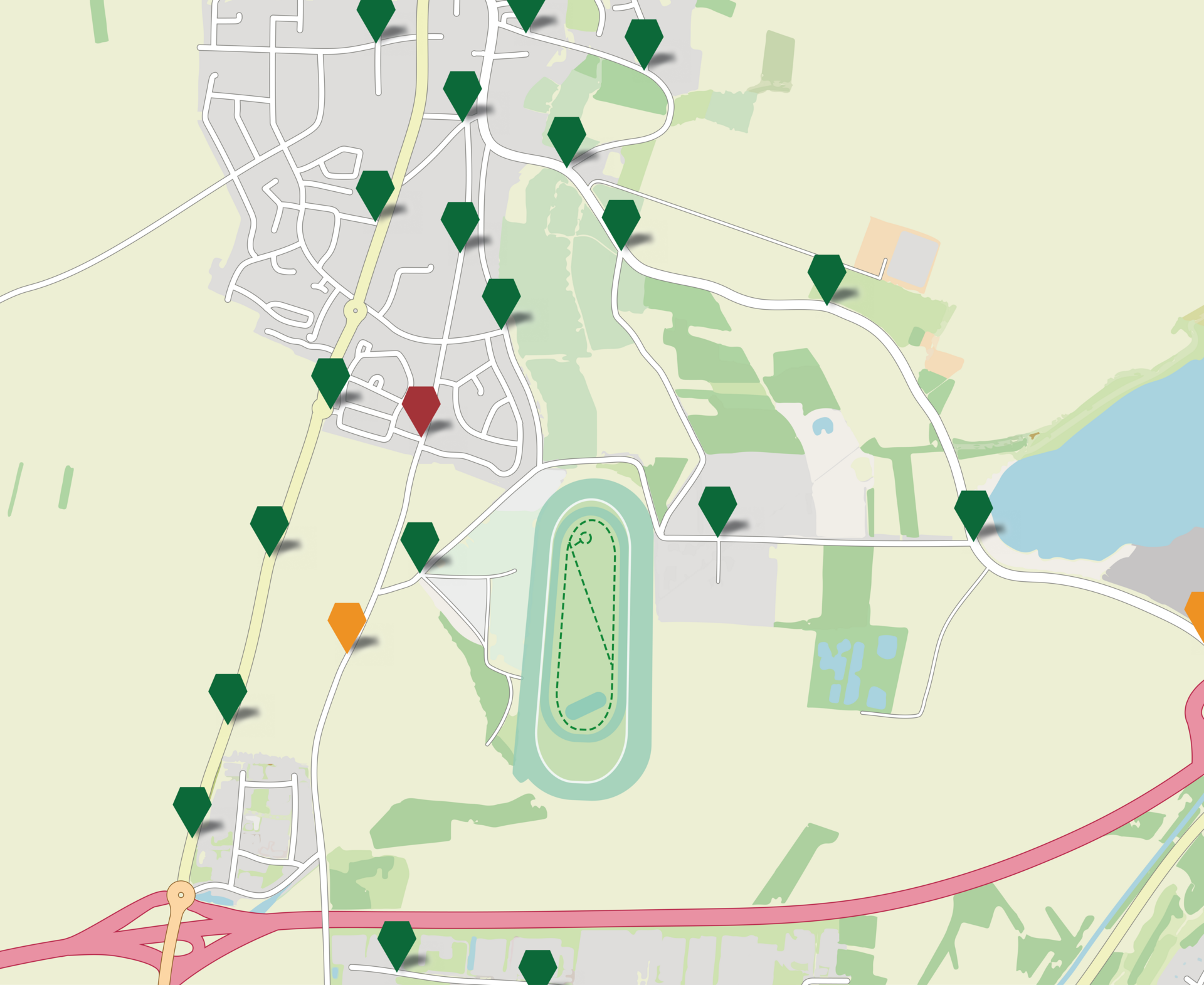
The system is scalable. You can start with just a few loggers and gradually expand. How many loggers are used also depends on the logging strategy: should the entire network be monitored, or only sections of piping that are known to be prone to leaks based on experience or age? The distance between two loggers is between 300 and 500 meters. Laurent and Amelie have the same goal: they want to detect water losses early on in order to minimize them. However, they work differently. Both use the web app for the SePem® 351 noise logger. It displays the data in an easy-to-understand format: red means critical, yellow means continue monitoring, and green means everything is OK. Laurent and Amelie can set the values themselves for when red, yellow or green should be displayed.
Laurent often checks his mobile phone at home. He sometimes inspects noise loggers that display red directly on site before he even drives to the office. For him, the web app with its data overview structures his day. For Amelie, red means that she contacts a colleague, who then drives to the logger and locates the exact location of the leak. She is responsible for monitoring a total of 950 loggers of different series. She then closely observes whether any repairs carried out have the desired effect.
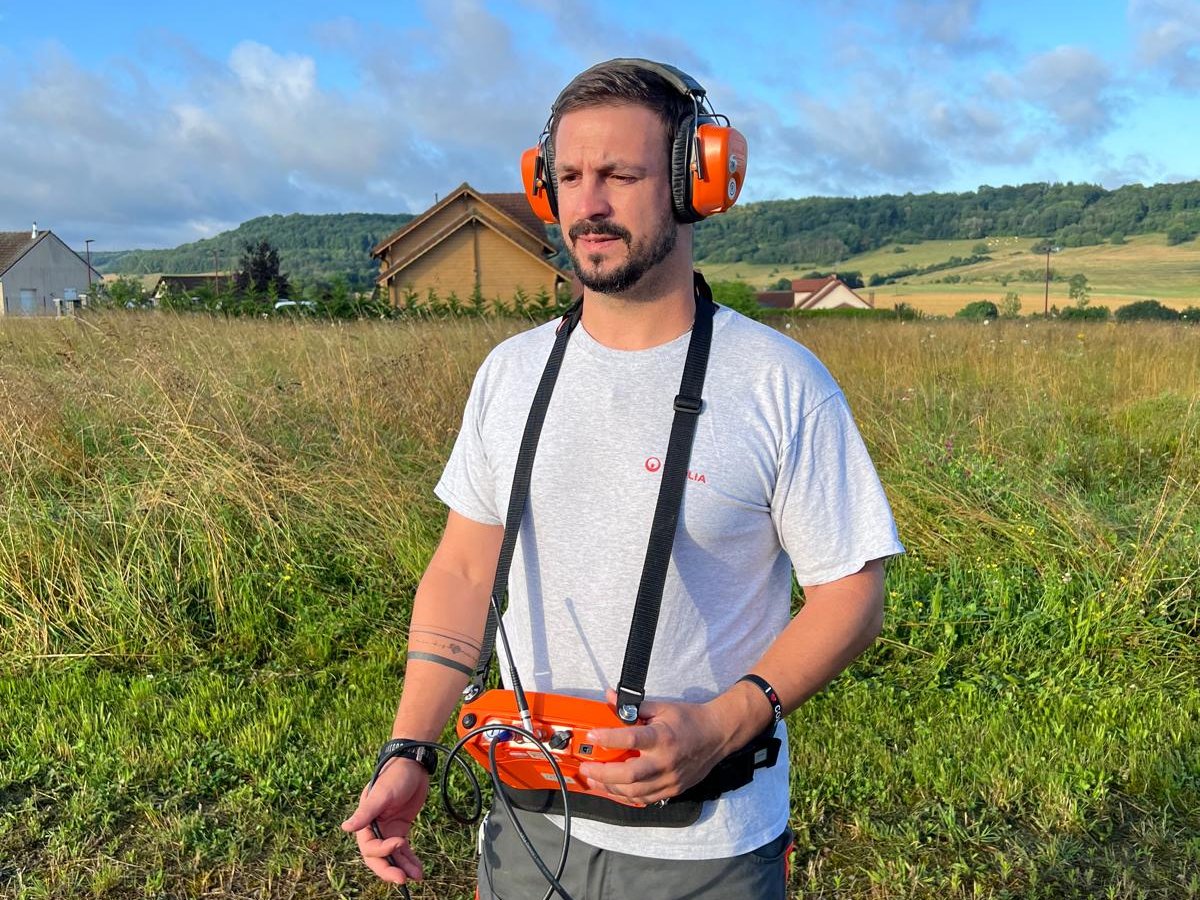
I have also tested competing products. Our experience with SePem® 351 is that once they are installed, they work. They transmit data reliably and have no maintenance costs. We have a price at the outset, which I can budget for, and we have no unpleasant surprises.
Laurent, Soubrouillard
“ I have also tested competing products. Our experience with SePem® 351 is that once they are installed, they work. They transmit data reliably and have no maintenance costs. We have a price at the outset, which I can budget for, and we have no unpleasant surprises.
Laurent, Soubrouillard

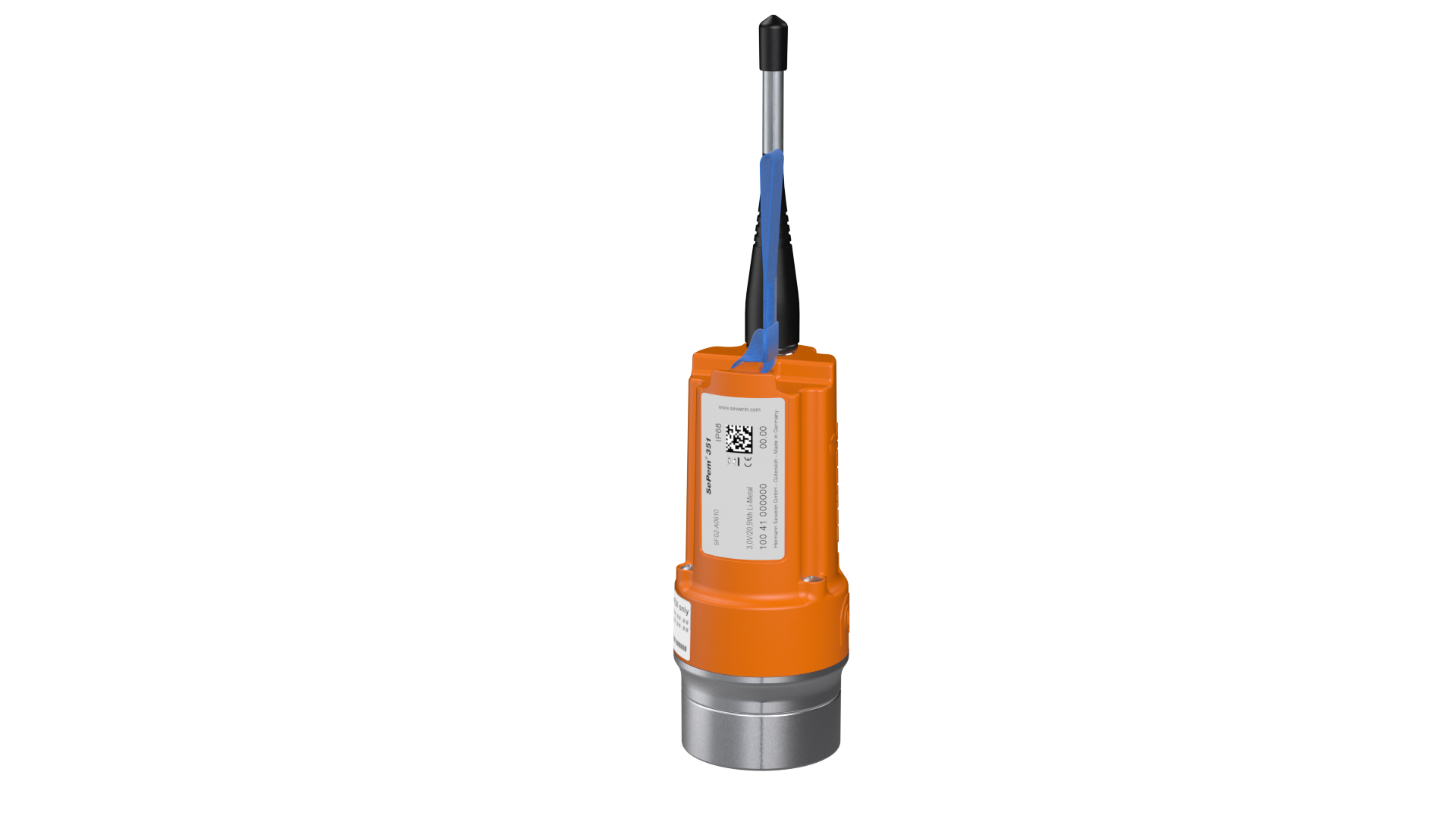
The battery life of a SePem® 351 is 9 years. This very long battery life, combined with the LoRaWAN network, makes the SePem® 351 attractive in terms of total cost of ownership. This is further enhanced by the high reliability of the SePem® 351 in use. The highly sensitive microphone of the SePem® 351 enables excellent measurement data quality. At the same time, this high-quality microphone also improves the total cost of ownership of the SePem® 351, as fewer loggers are required to monitor a network than with other systems. Why is this possible? The high-quality microphones allow a significantly greater distance between the individual noise loggers.
Amelie and Laurent detect new leaks within a few hours, or at the latest after three days, as the measurements from each SePem® 351 are transmitted daily. They use the cloud-based SePem web app. Network operators can also feed the data into existing network information systems. The SePem® 351 reduces water losses by detecting leaks at an early stage. This not only contributes to sustainability, but also improves the environmental balance of drinking water networks.
